English singer-songwriter Sampha is no short of having an illustrious career, alongside some of his Young labelmates. He’s known for his wide array of features: from Drake’s introspective Too Much to Solange’s slow-burning Don’t Touch My Hair to even Kendrick Lamar’s emotional Father Time, it’s easy to say he has a star-studded discography.
But that’s not to say that his solo work is anything short of successful. His debut EP Dual serves as a great example of this sentiment; even at the start of his career, he knows how to create beautiful work from start to finish. His work was seen as lucrative until 2017’s Process. It’s hard to compare Process to anything else, and even if you did, it would be seen as a disservice to the project.
Process, Sampha’s debut LP, is a transcendent spotlight-mongering project that I see as a reinvention of the alternative R&B genre, successfully mixing staccato anxiety-inducing beats with angelic vocals, creating a beautiful cacophony of juxtaposed musicality. After this release, Sampha’s career would become much too quiet, and besides a few features on varying projects, public attention to his work began to dissipate. This pattern continued until his announcement of a new full-length project, Lahai.
Upon the announcement, Lahai promised many cryptic emotions. Sampha announced through an Instagram post that the album would include “Fever Dreams. Continuums. Dancing. Generations. Syncopation. Bridges. Grief. Motherlands. Love. Spirit. Fear. Flesh. Flight.” Before listening to the project, it’s hard to make a connection between these words, but after, everything becomes more vivid.
Sampha stated this regarding the title of the project: “My grandfather’s name, my middle name, my next musical chapter, my next album.” This establishes that this new LP is going to be personal and a retrospective of his life. But with a six-year break, it raises many questions: Can this reach the heights of Process? Will this lead to disappointment? Instead of answering these questions, it’s best to describe what the album excels at for the listener to create the answers for themselves.
Starting off with some key tracks, ‘Spirit 2.0’, the lead single of the album, encompasses the full album’s artistry with its short four-minute run-time. It’s here where Sampha establishes his motifs within the chorus, where he references, “Waves will catch you / love will catch you / faith will catch you / time will catch you.” These keywords are akin to the promised cryptic emotions he stated in his announcement post, but it’s here that he fully elaborates on his thematic message. The prevailing extended metaphor displayed here is that time is of the essence, and it should not be wasted. The project continues exploring this idea of going back in time or slowing down time; an example of this is in the interlude ‘Time Piece’, where an anonymous female voice asks (in French) for a time machine to go back in time.
Sampha mixes the extended metaphor of time being the essence with another explored element of spiritualism. He creates vivid imagery of flying and learning the true potential of his “wings” throughout the album, one key track being ‘Jonathan L. Seagull’ which directly references the Richard Bach novella of the same name. Sampha answers why he speaks so much about flying within the album during an interview with Apple Music: “I speak a lot about flying [on the album], and I actually mention [Richard Bach’s novella] Jonathan Livingston Seagull in ‘Spirit 2.0’. For me, the question was sometimes thinking about limits and the search for perfection. I don’t agree with everything in Jonathan Livingston Seagull as a book; it was more a bit of a memory to me [Sampha’s brother read the story to him when he was a child], the feeling of memory as opposed to the actual details of the book.” Sampha explores the idea of “how high can you actually go?” and displays how it can both be scary and comforting to think about your limits.
Sonically, the album is structurally sound. It’s a stunning and euphoric experience, and although the production is quite simplistic by nature, the project shows glimpses of jittery and complex sound palettes that are akin to his more adventurous works in years past. Sampha excels in every facet of music production; he truly is versatile in giving emotional, slow-burning works and lively, animated tracks. While the album explores many different styles, it still comes out as cohesive and interesting throughout the 41-minute run-time.
Sampha’s Lahai is his best project yet, showing career highlights in tracks like ‘Spirit 2.0’, ‘Suspended’, and ‘Jonathan L. Seagull.’ From start to finish, Sampha paints a vivid picture of flying, delves into topics of spirituality, and transcends any listener to a higher place. He explores many topics personal to him, and it’s incredibly interesting how he’s able to capture any listener’s attention with his angelic vocals and soft production. Although he abandons the electronic soundscapes of his previous work, he still comes to the table with an arguably better-suited style for himself and creates an album that is definitely deserving of being in the talks for album of the year.
FINAL RATING: 4.5 out of 5 stars.



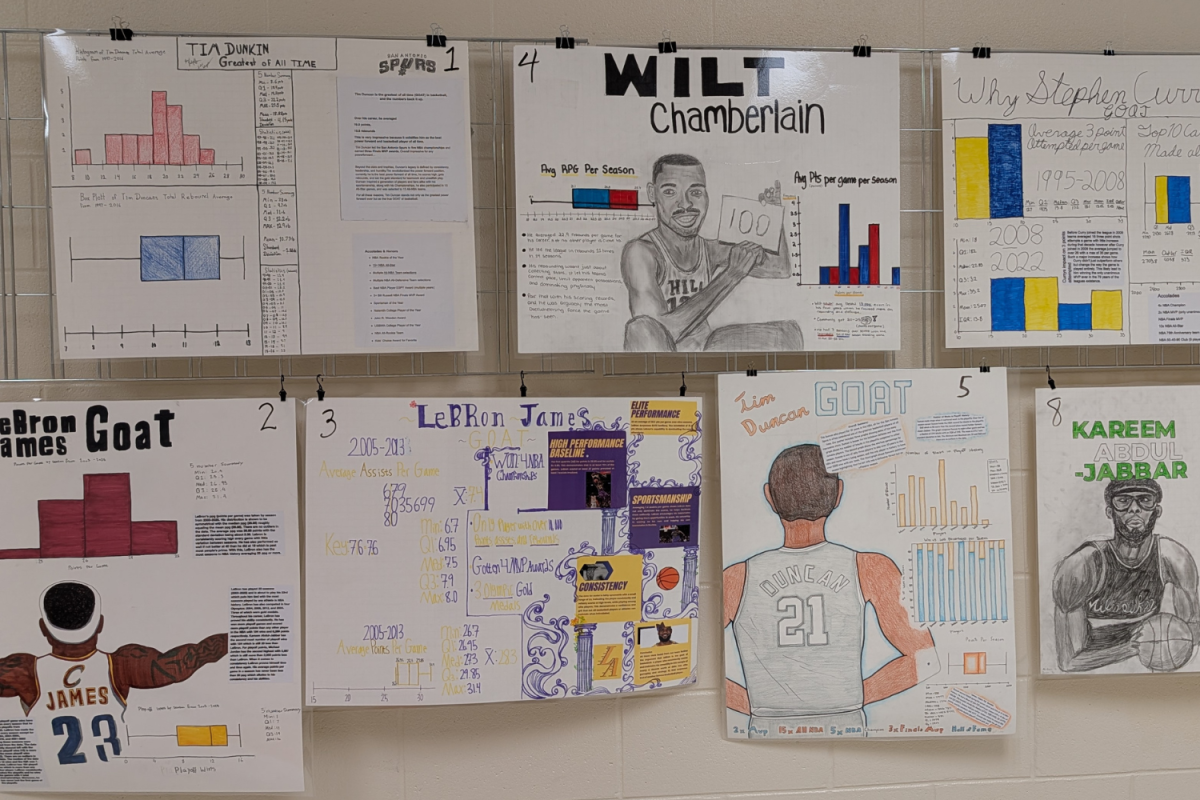
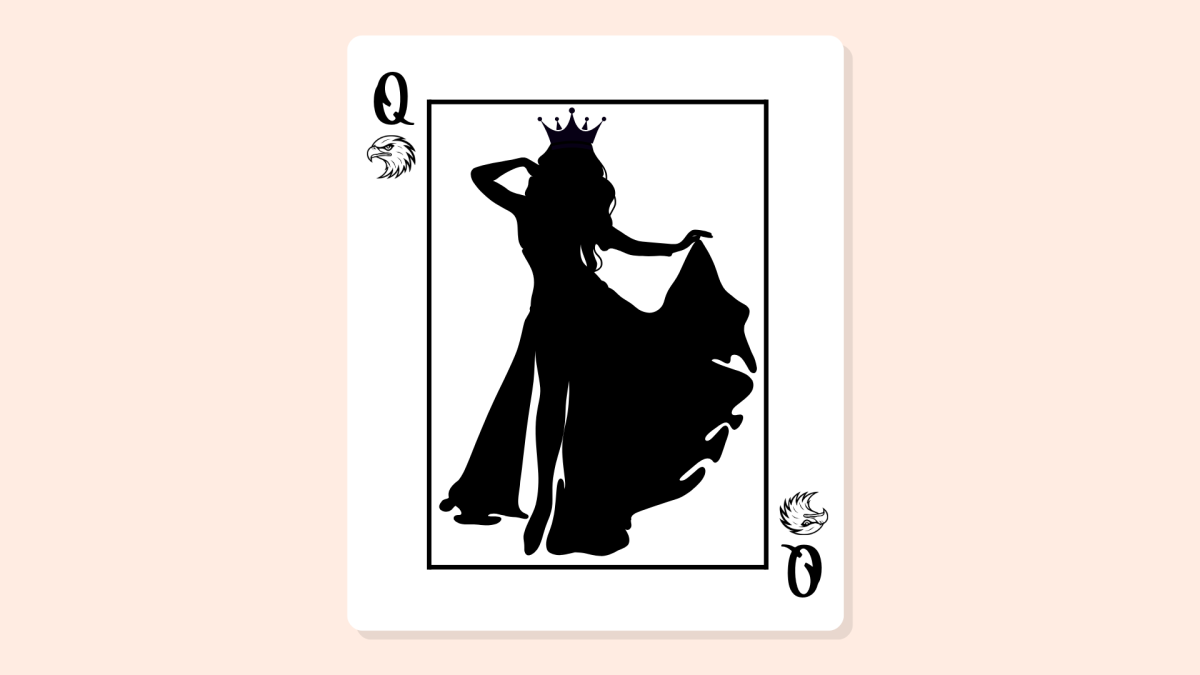





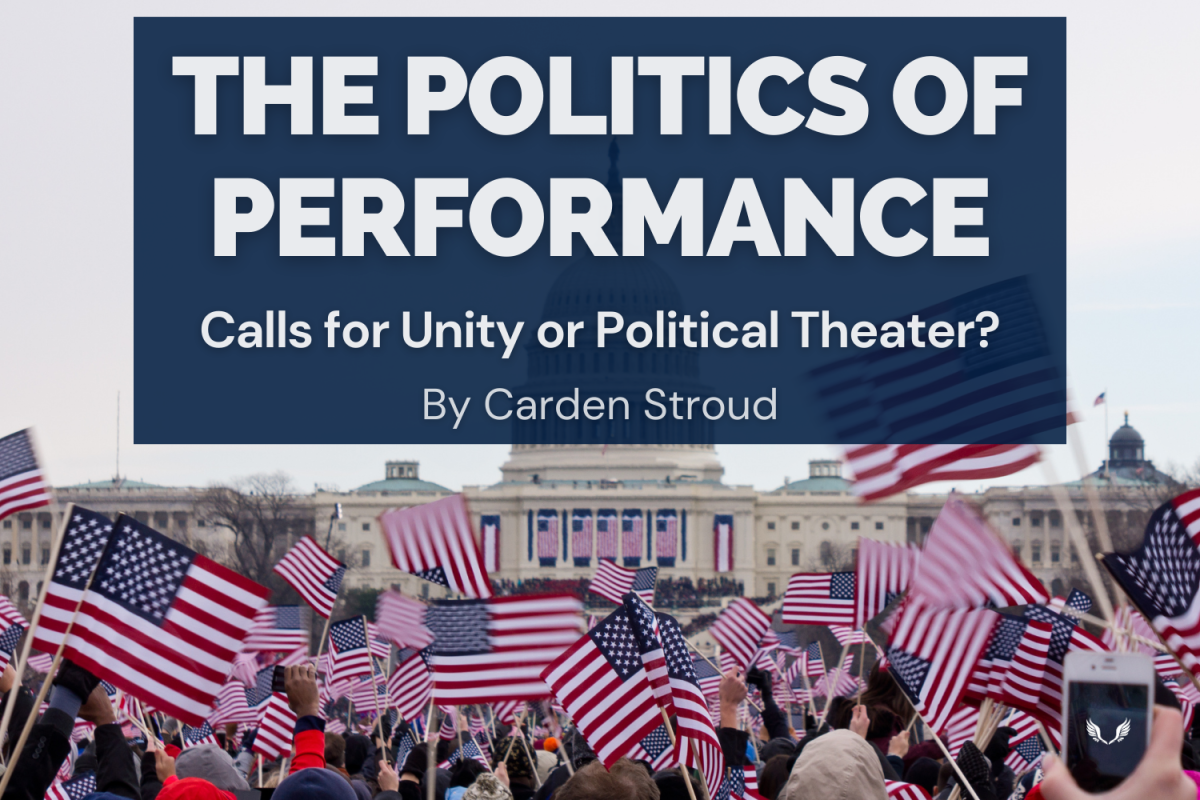











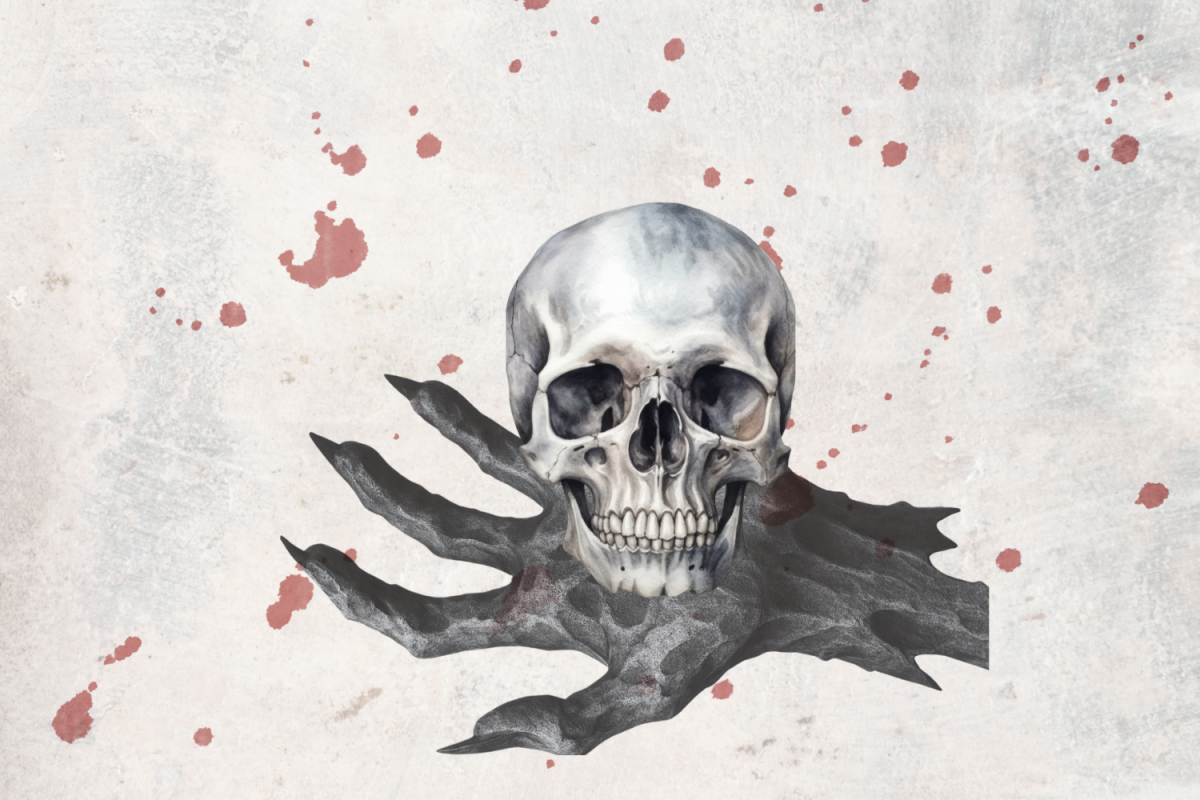
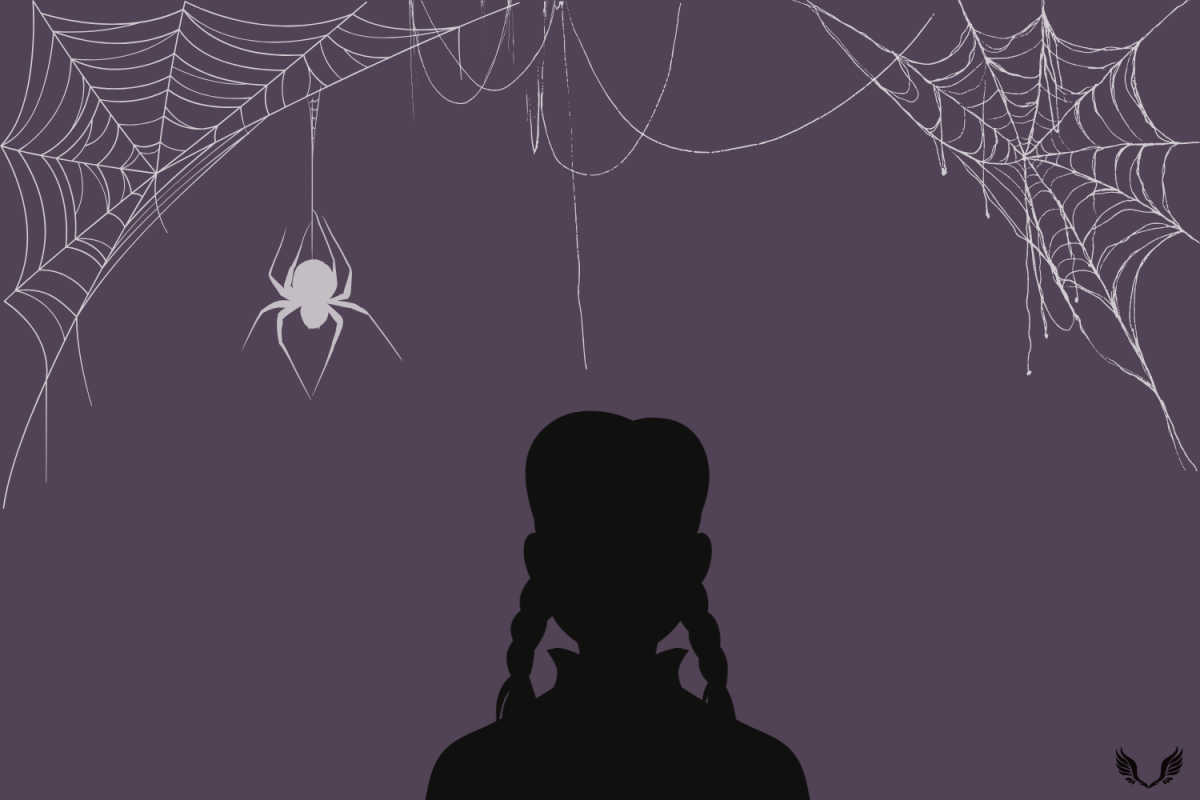
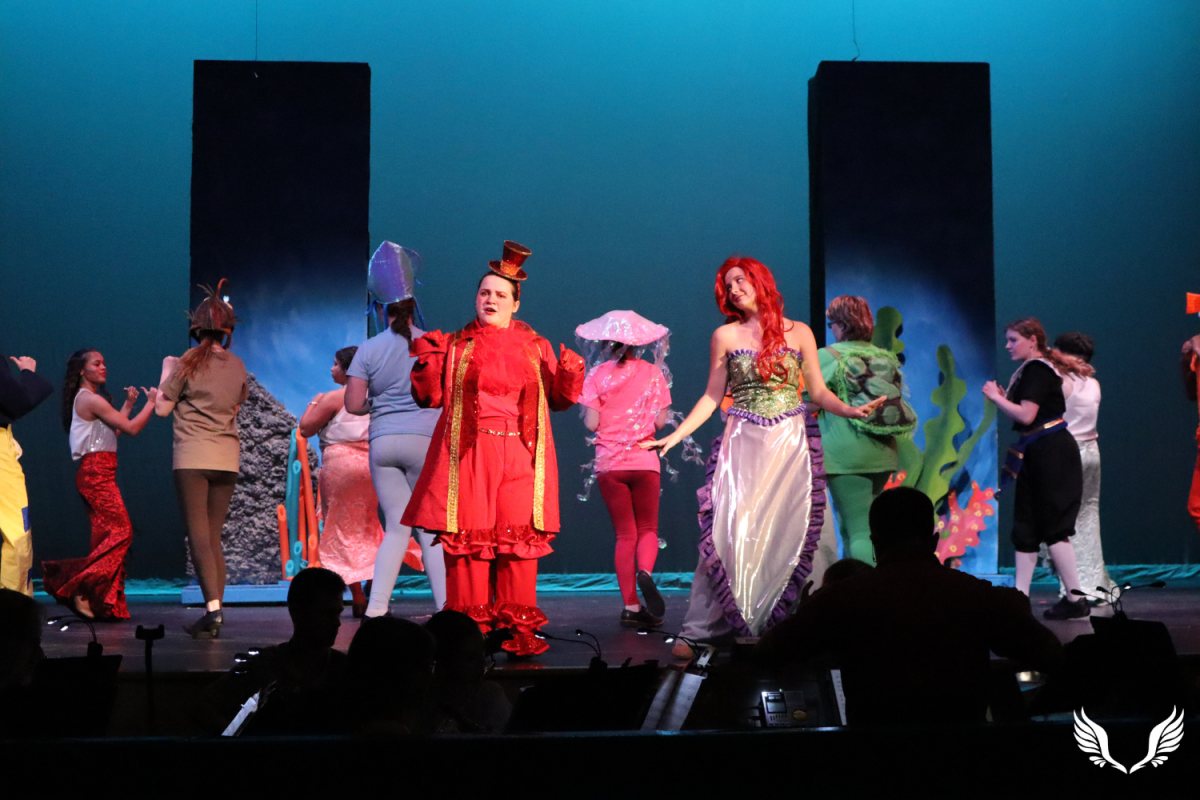
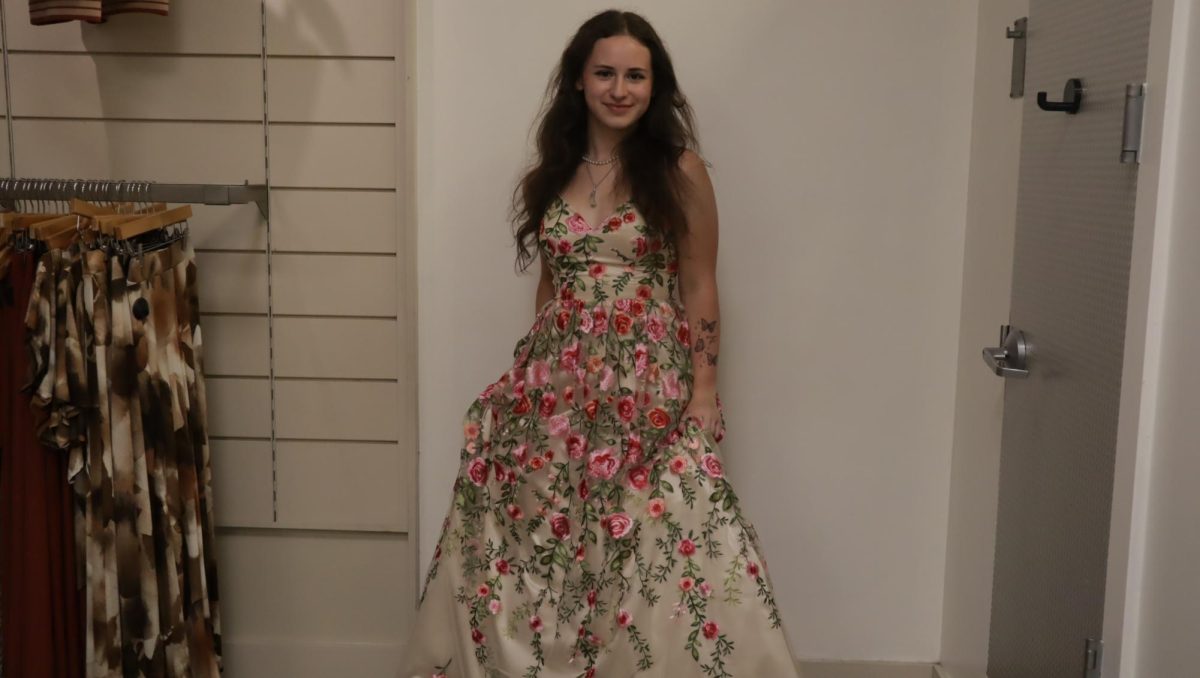




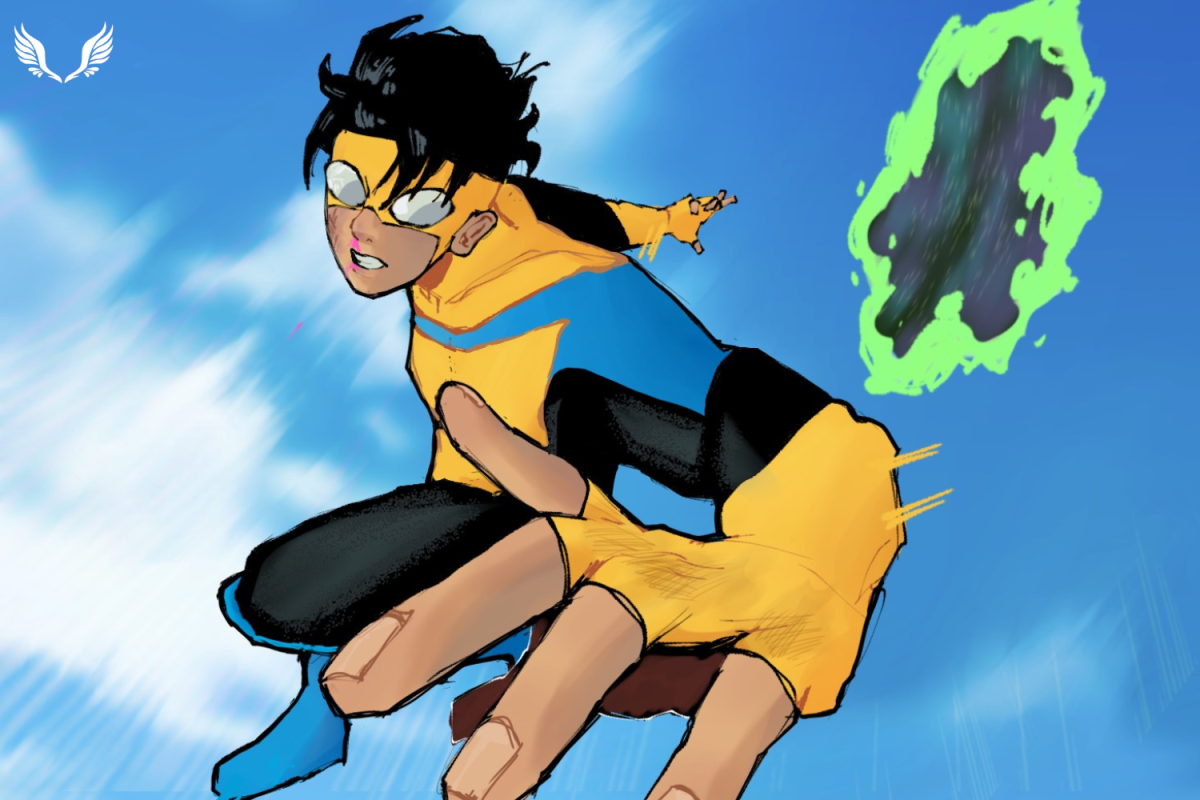
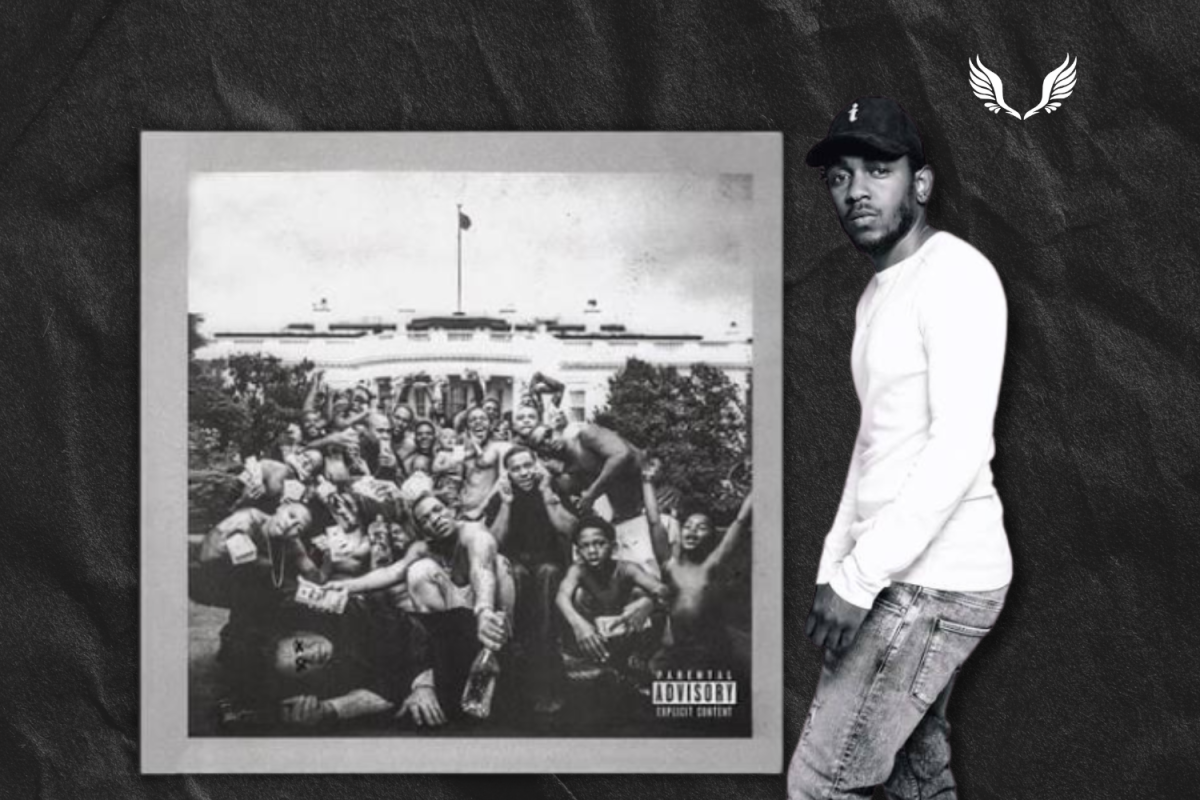

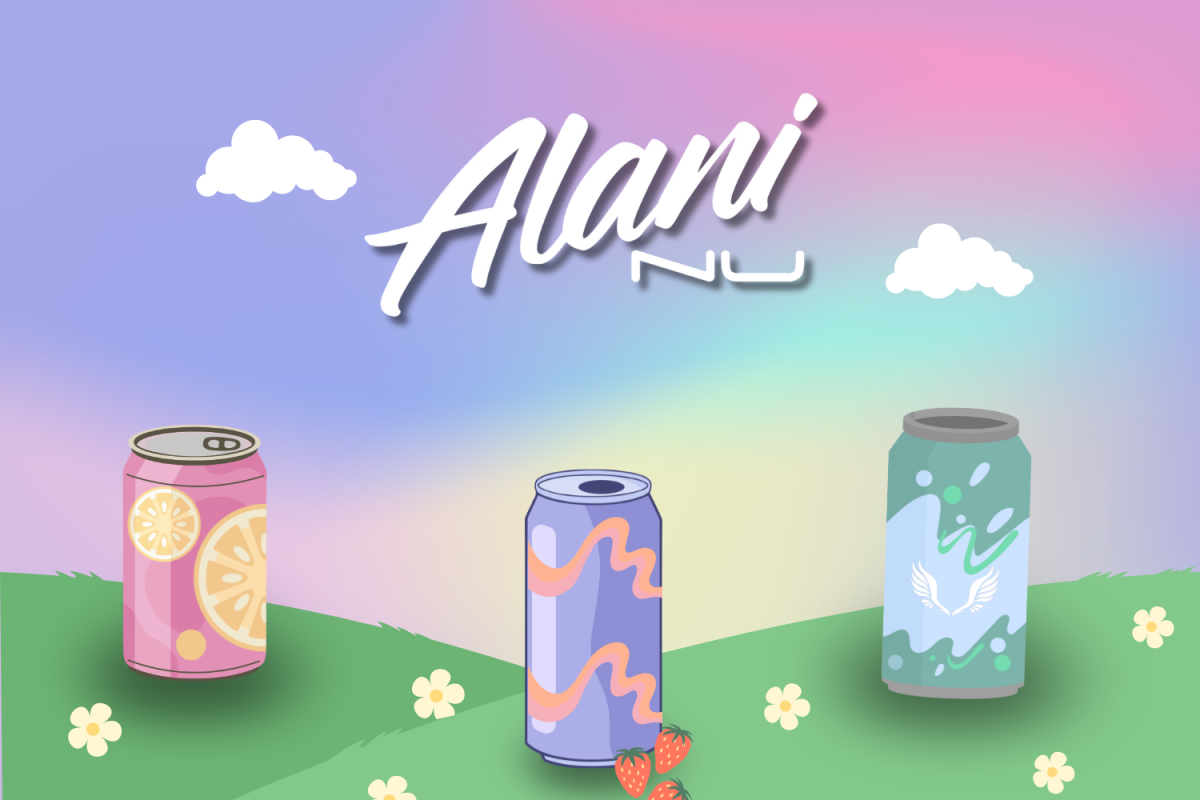
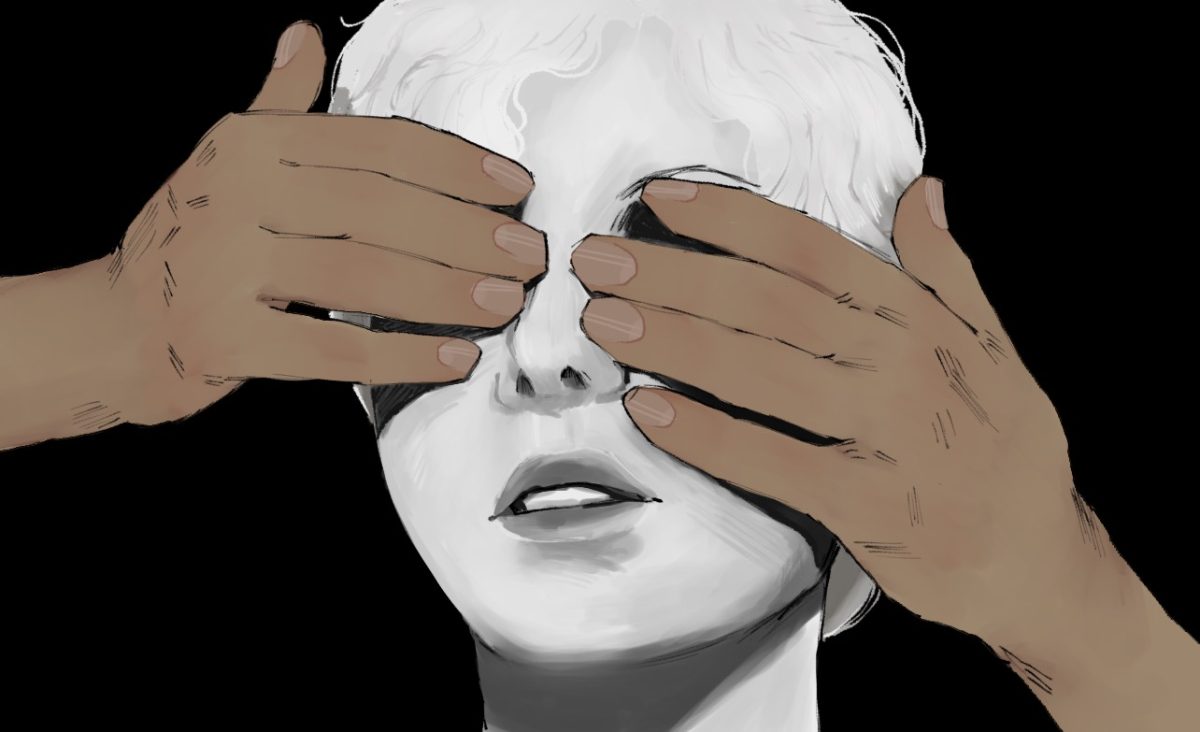
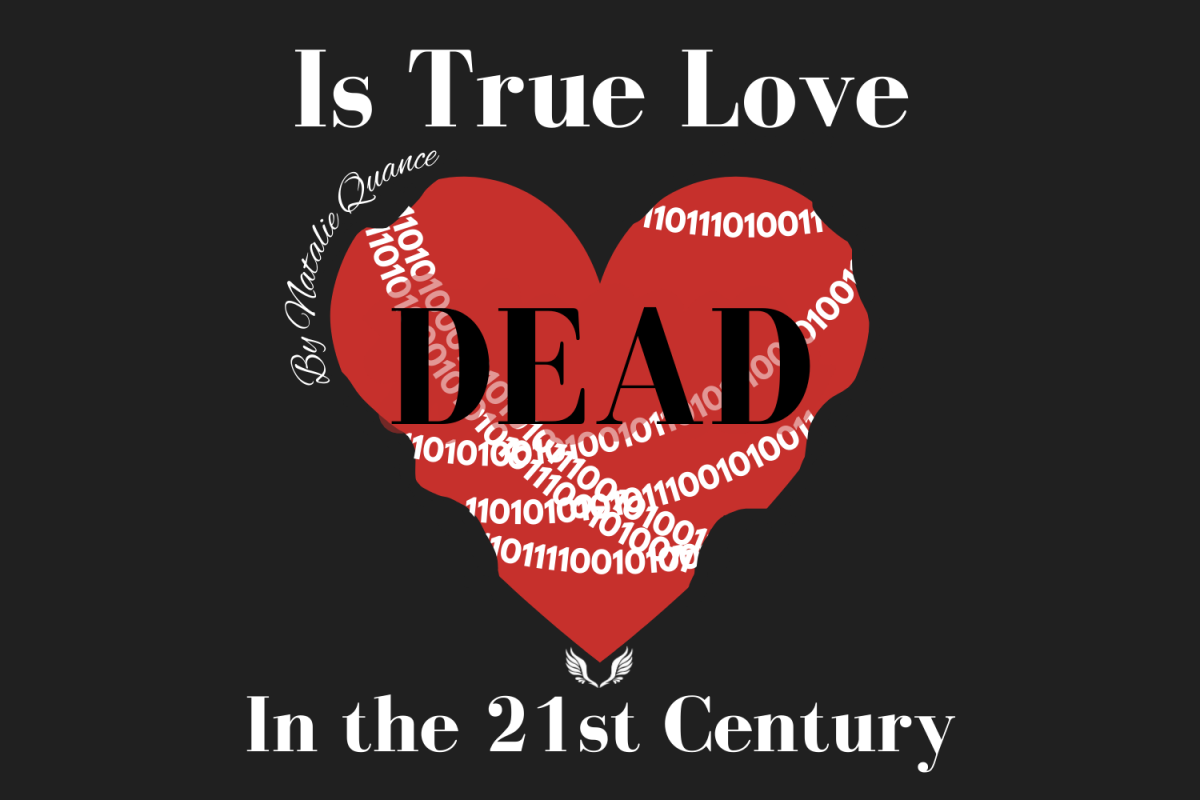
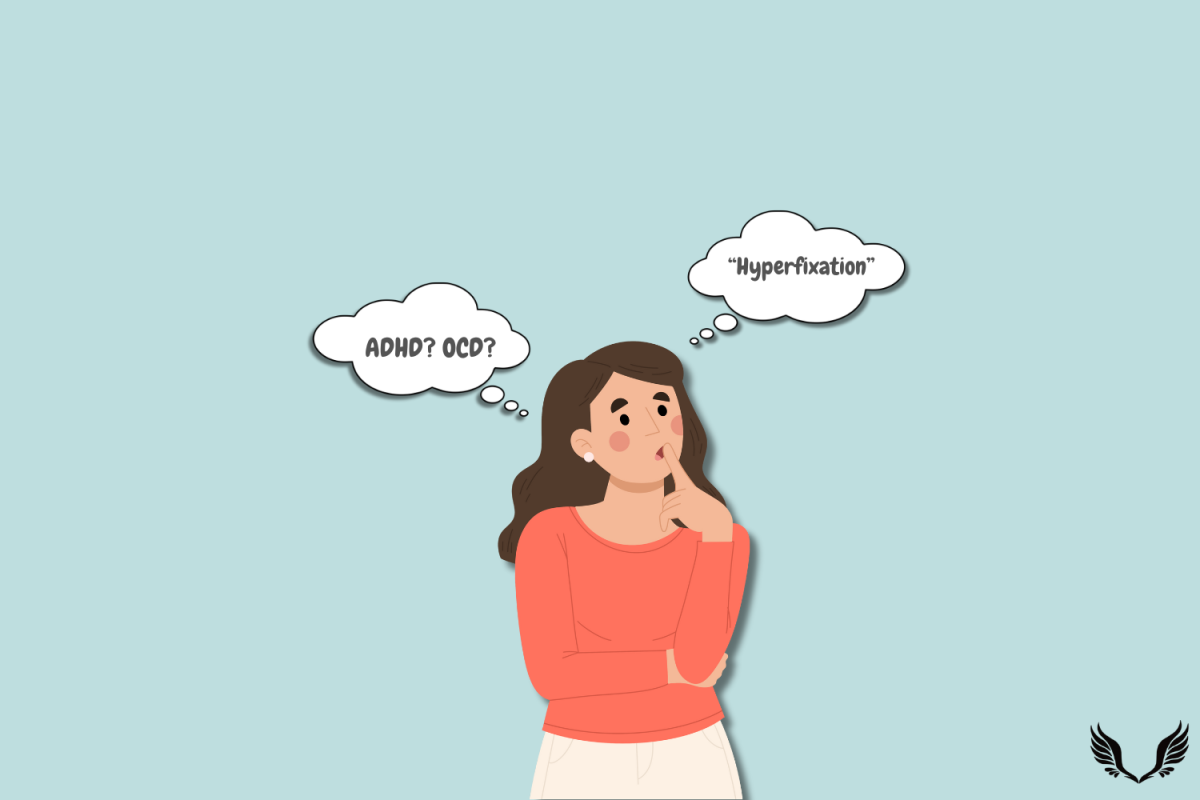
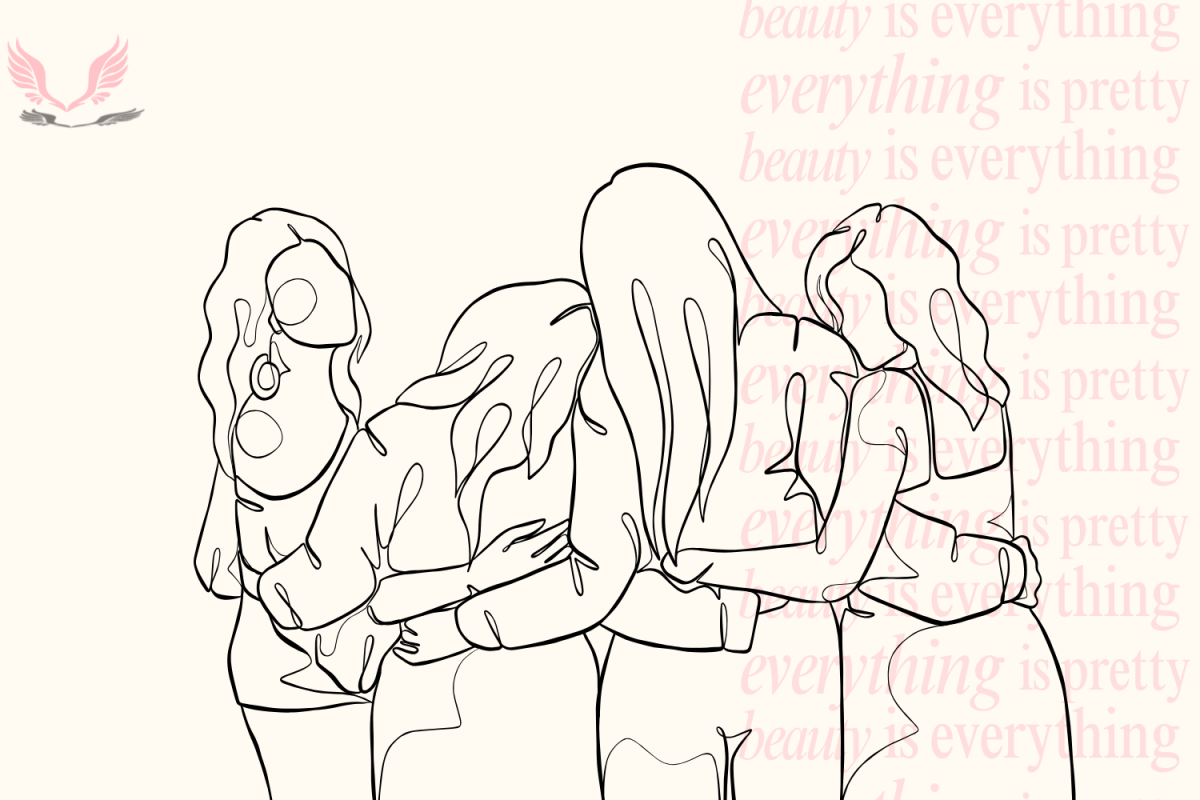

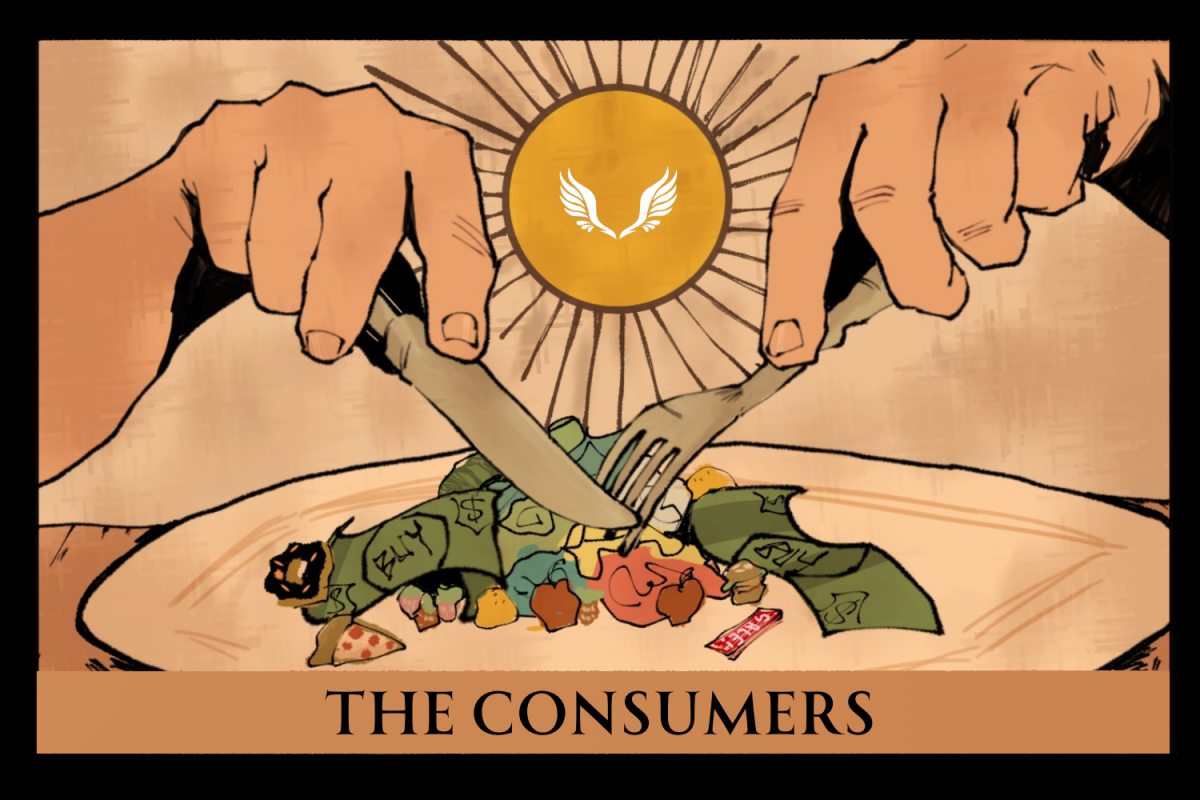
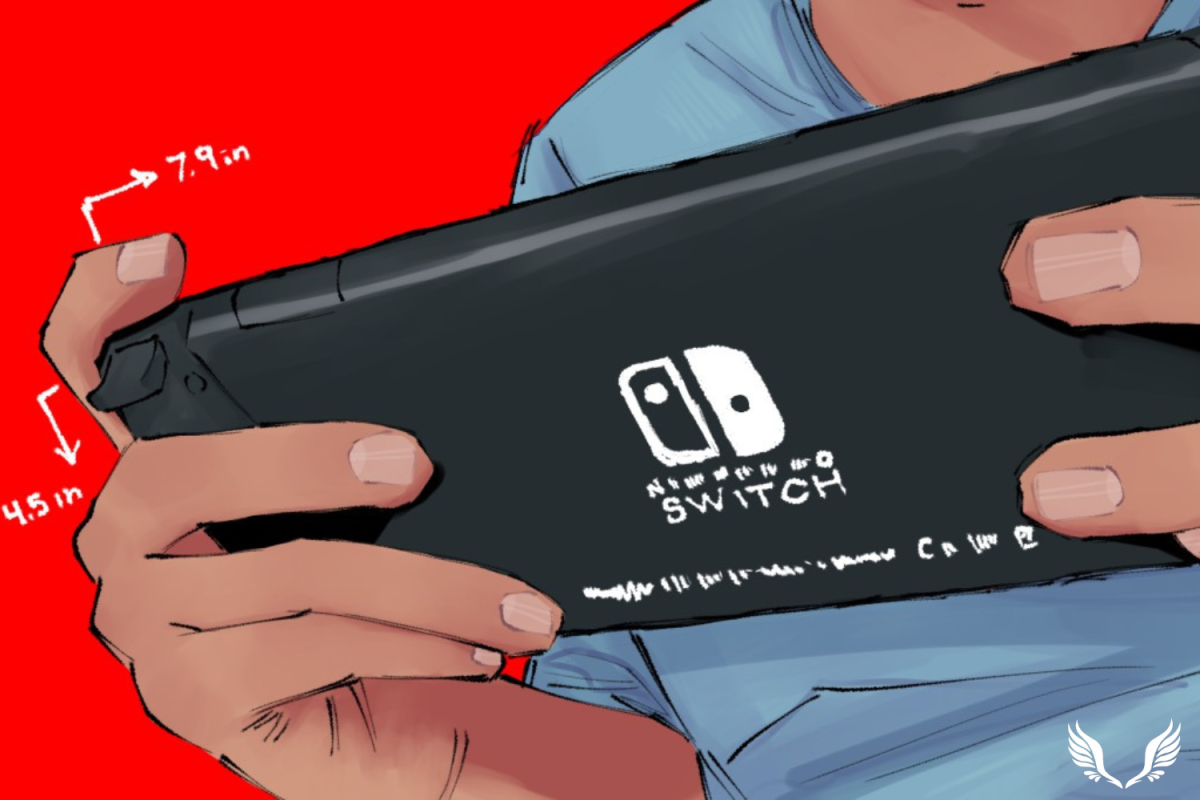
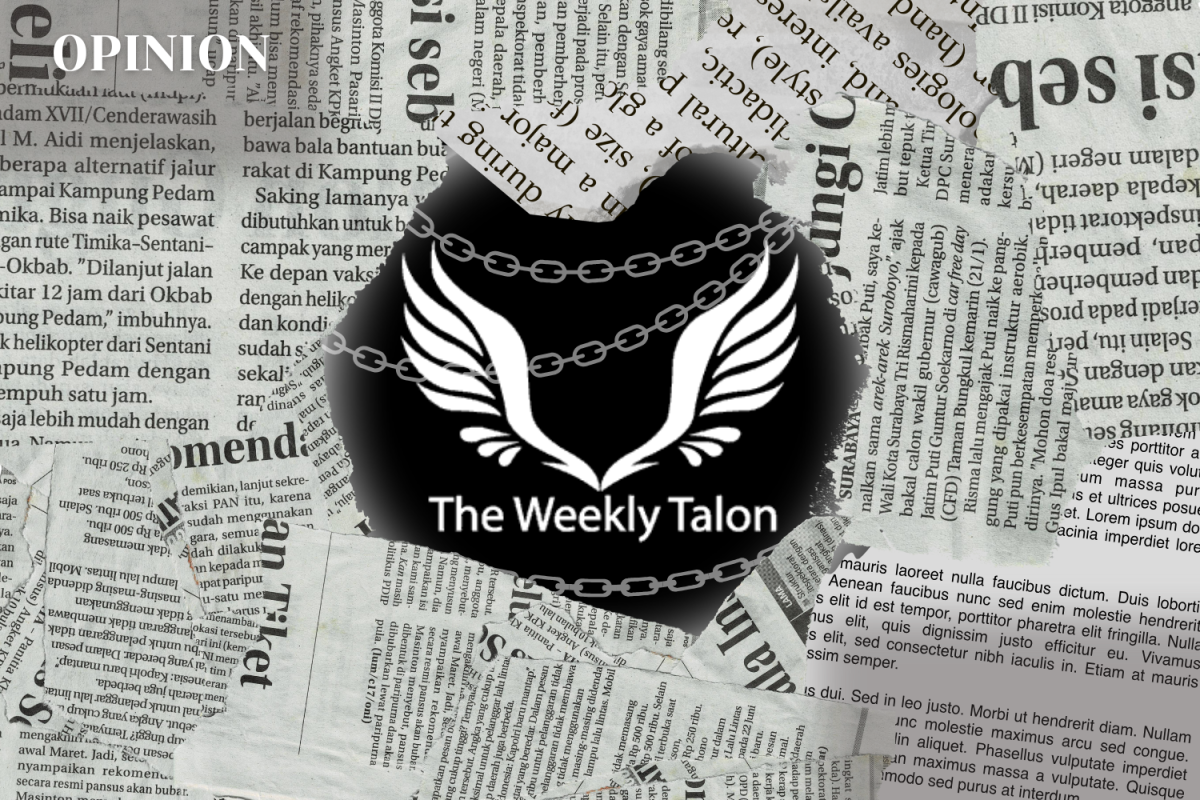
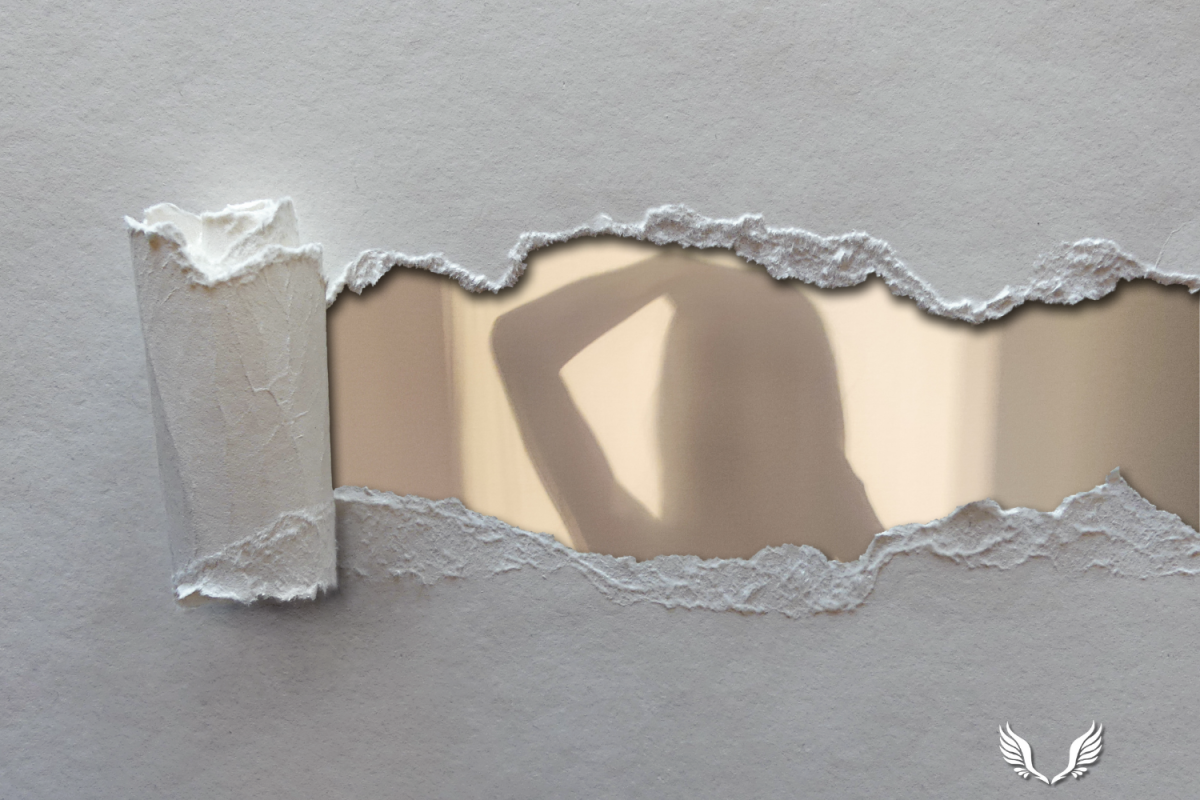
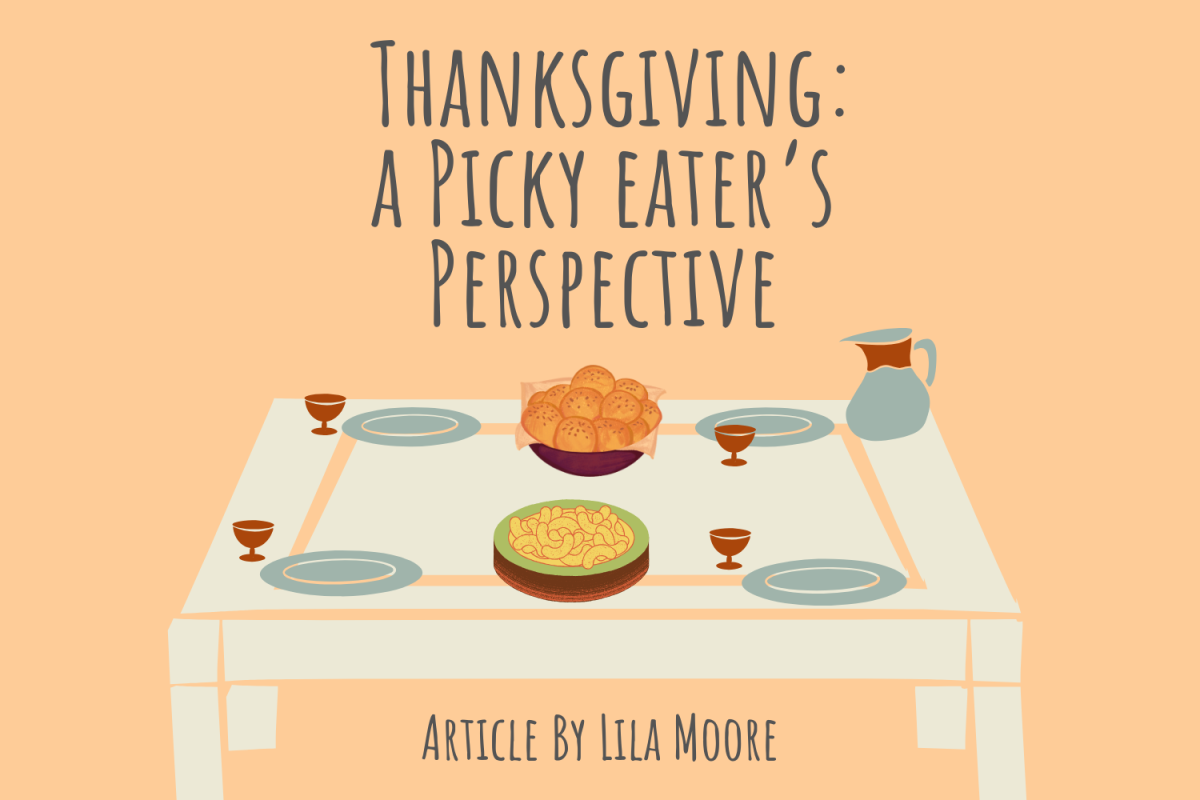
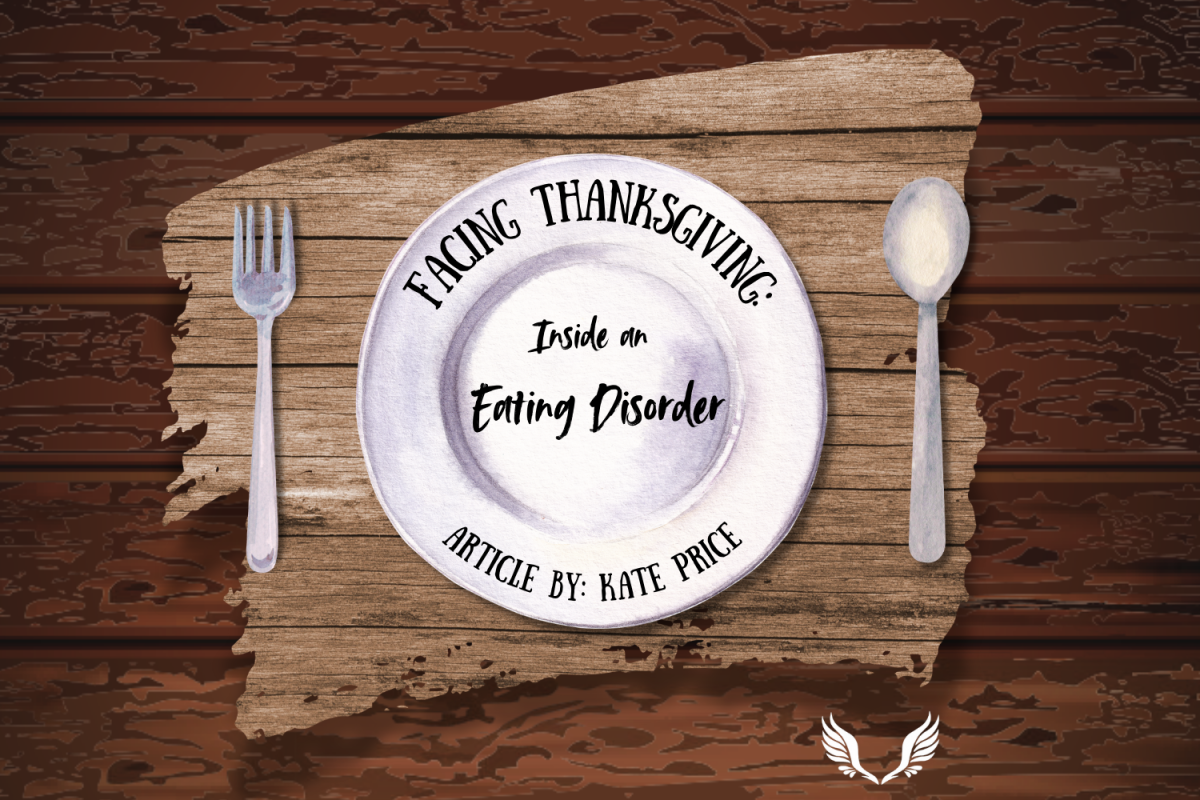
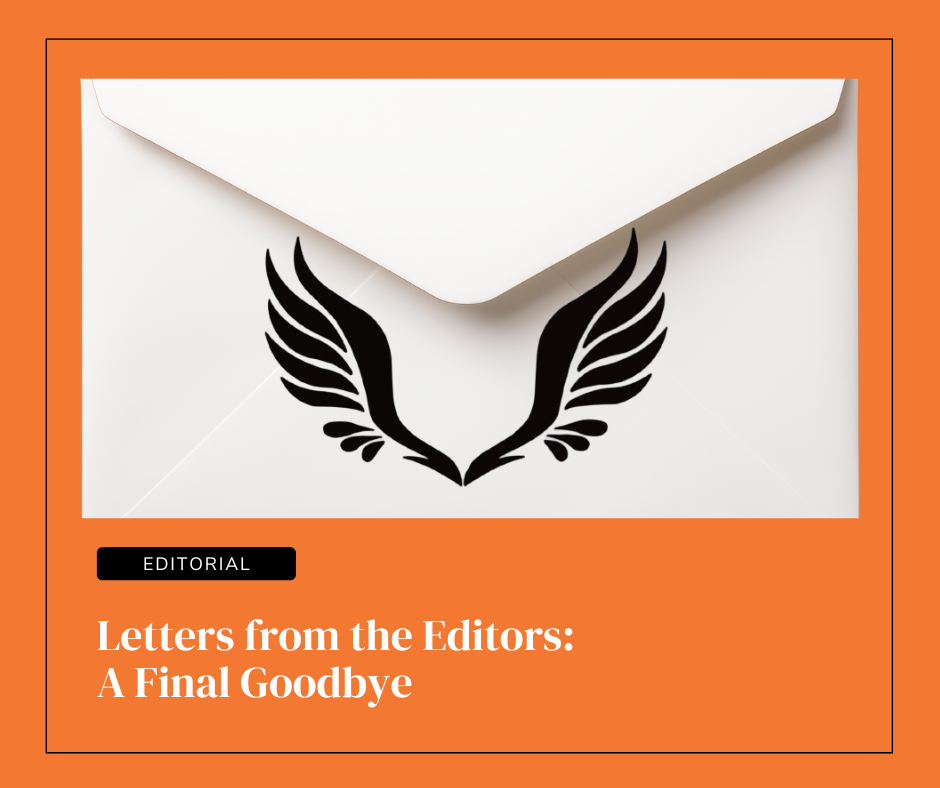
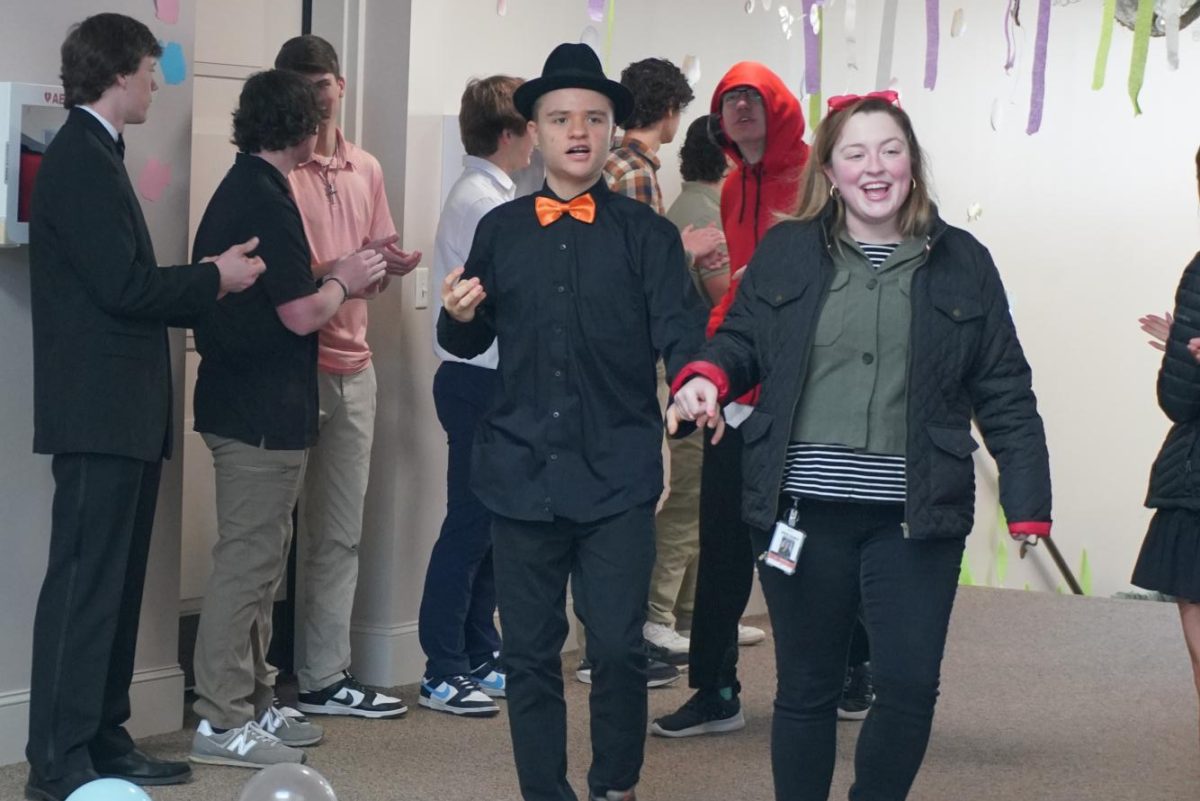







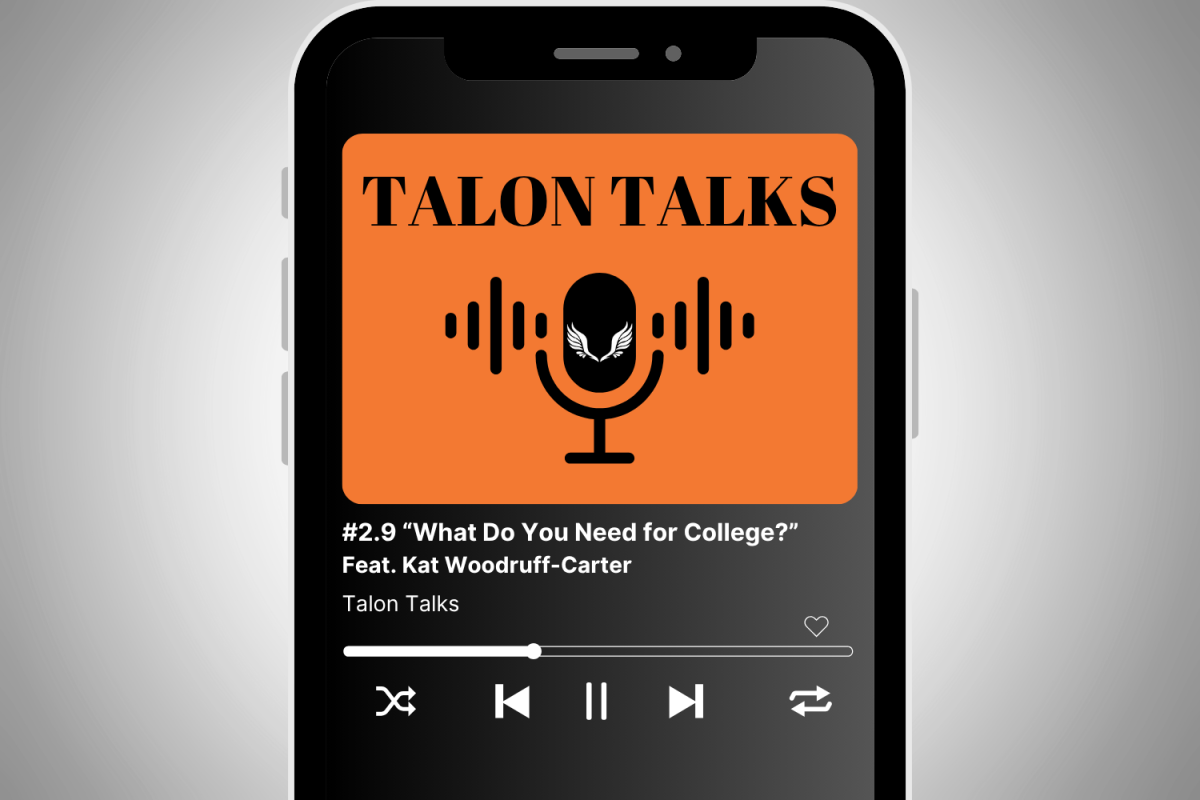

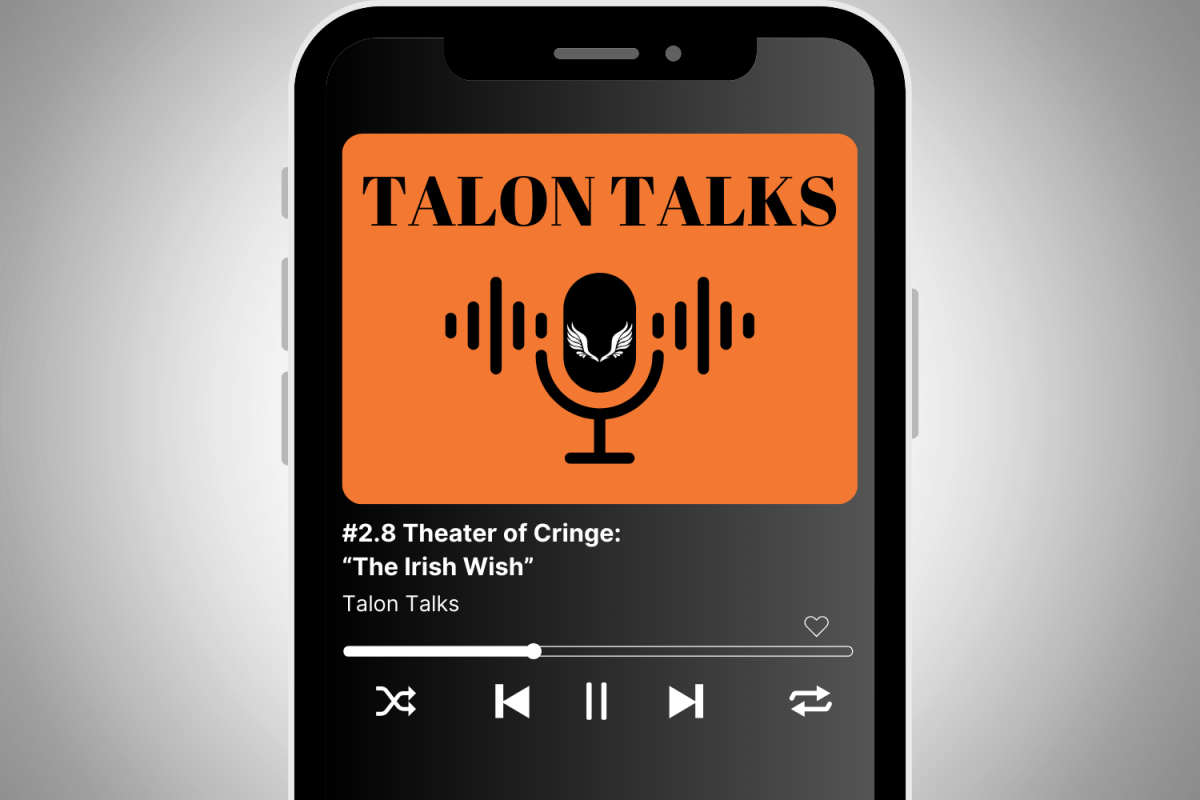


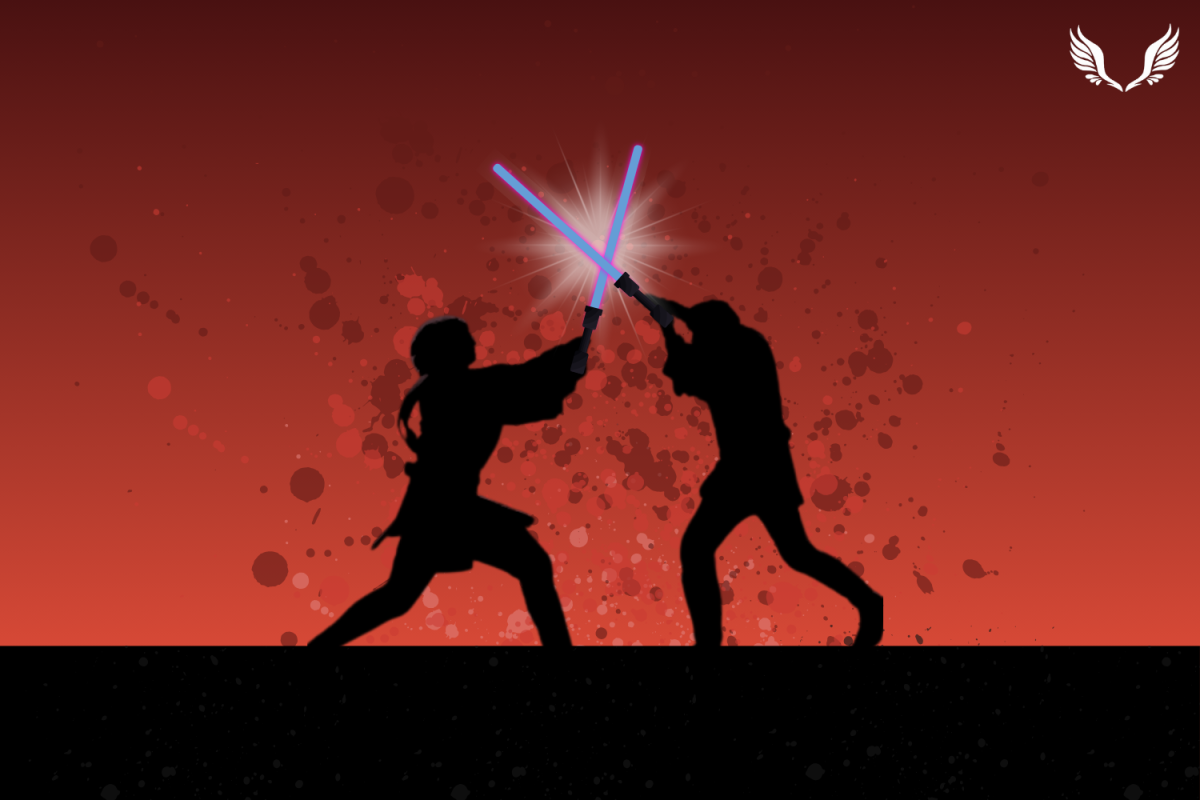
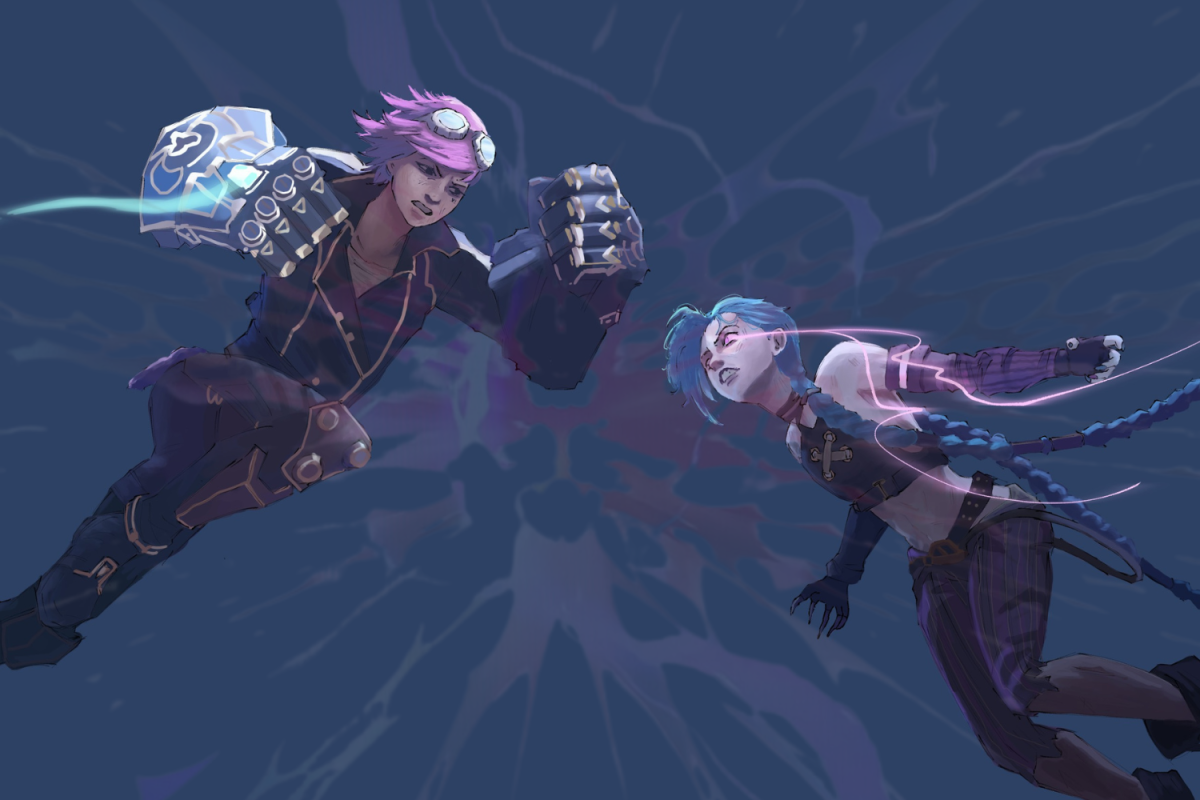
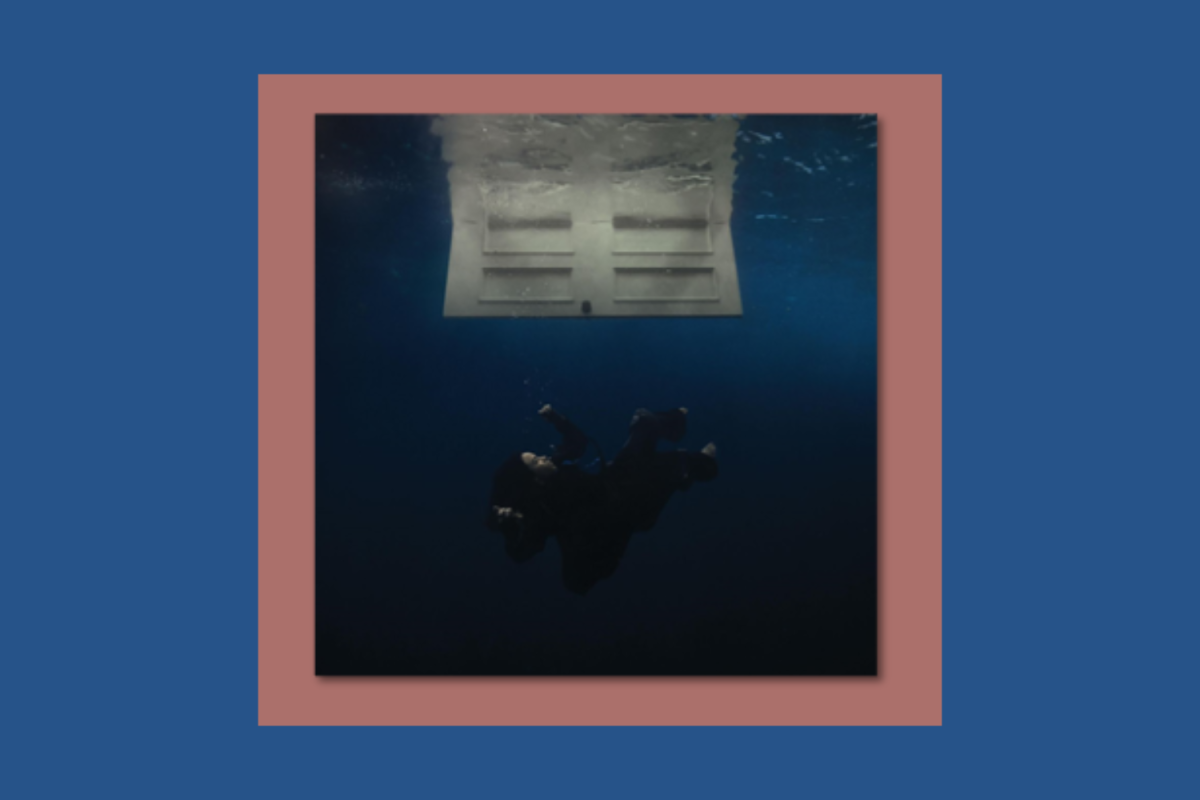
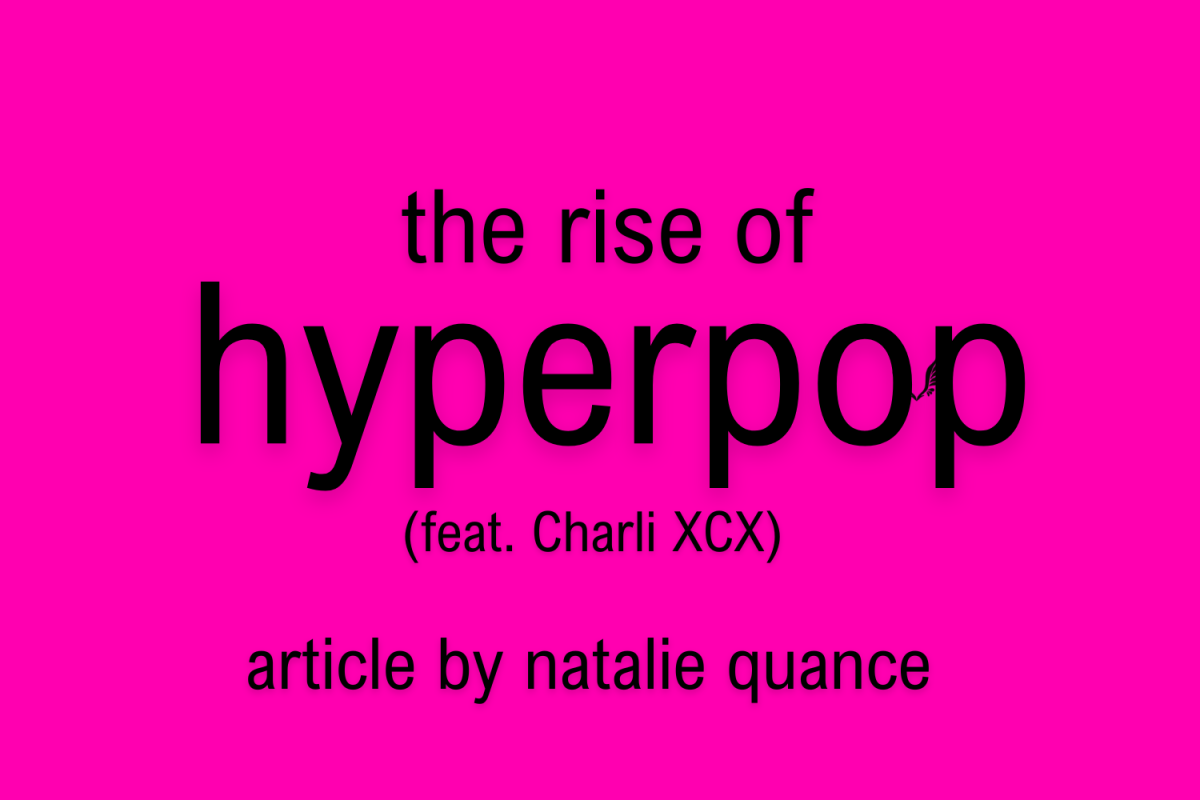
Sean Lane • Oct 24, 2023 at 6:04 pm
Great review!